Why are rehearsal diaries so compelling? One approaches them with cynicism and then ends up reading with racing heart through to the early hours, hurtling with a shared terror towards the described first night.
First and foremost, there is the gossip, the sense of being behind closed doors, and gaining off-guard glimpses into the nature of those who are frequently well-fortressed. The character of this gossip changes markedly as the actor-diarist grows older. In youth it is all about which tearaway deals the best cocaine to enable company shagging: in age it morphs into which besuited figure makes the most ruefully telling remark at the latest in a series of memorials for fallen comrades.
There is also the familiarity of the expected pattern, now established through a plethora of actors’ diaries, and of savage lampoons of the same. There is an inevitable rhythm, beginning with the ‘should I?/shouldn’t I?’ agony when the job is offered. This always takes far longer on the page than I suspect it does in life. When there are plenty of lines and a title character, doubts are usually quite swiftly circumvented.
There is the preparation, with its aggregation of external details and internal flashes of light. There are the doubts, when nothing seems easy, and everything, even getting out of bed, seems mountainous. There are the surges of euphoria when individual discoveries are made, and when the group starts to sing as a unit, enabling each and every one to be better together than they can be alone. There is the wild panic before opening, when the actor loses all sense not only of their character, but also of their own personality. And then there is the immense surprise of the landing, when the world does not explode in flames or drown in floods, but actors and audience share in the humble and curious pleasure of making a story together anew.
Antony Sher almost created the template for these works, with his first exhilarating book about playing Richard III 30 years ago; he has furthered it with books recounting playing Falstaff, Primo Levi, Titus and himself in an autobiography, and has now capped it with an account of his process towards playing King Lear for the RSC. This journal is as exhilarating as all the others, managing to encompass many of the biting pains of age, which bring him and Lear together — physical decrepitude and distressing loss — without losing any of the excitement of the creative journey. Sher takes the reader not only into his creative imagination, but also into his family life, sharing with us the death of his mother and his sister, and also his relationship with his husband, Greg Doran, the director of the RSC. The sense of privileged intimacy is unique.
There is an element of emotional exhibitionism here, but it is tempered by the sensibility of an artist. Sher is a compulsive artist, and he writes journals, plays and novels with the skill of a man who could have made a literary life; he paints portraits of friends and of characters with a refined skill and a sensibility that combines the grotesquerie of Grosz with the human unease of Sutherland; and his acting is an ever-watchable combination of the courage to realise the outsized, with an ability to drop into a child-like simplicity. His acting is in many ways a summation of his literary and his painterly skills — the rich interior life nurtured by the writer, the observational details made manifest by the visual imagination.
The final virtue of the rehearsal diary is the necessity of a certain sort of nakedness. It is hard to play any role when wrapped in irony and self-awareness. Even a police inspector in a murder mystery in Frinton-on-Sea needs a little soul: it is impossible to approach a character like Lear without a wholesale commitment to honesty. This will attract the scorn of the determinedly closed, but a role of this nature requires one to strip oneself back, to be exposed to the play — both its volcanic rawness and its delicate subtleties. Thus preparation becomes an inverse process of both acquiring knowledge and opening oneself up. Sher is honourable to both. It is hard to be any sort of artist and be closed, no matter how much the cynicism and the stupidity of this age seems to require it. It is impossible to play these roles, complex cathedrals of imagination and wit and feeling, and be anything but open.
It requires an epic lack of irony to produce actor diaries of this sort after Nigel Planer/Nicholas Craig so murderously harpooned the genre with I, An Actor. Being at the RSC gives you a head start here, since few would say that that enchanting Midlands outpost of Arcadia is saturated in a detached awareness of its own place in the world. But then it wouldn’t be the RSC if it was. And it is all the more to Sher’s credit that he has pushed past such irony, and produced an affecting, inspiring and wise book.
Got something to add? Join the discussion and comment below.
Get 10 issues for just $10
Subscribe to The Spectator Australia today for the next 10 magazine issues, plus full online access, for just $10.
You might disagree with half of it, but you’ll enjoy reading all of it. Try your first month for free, then just $2 a week for the remainder of your first year.

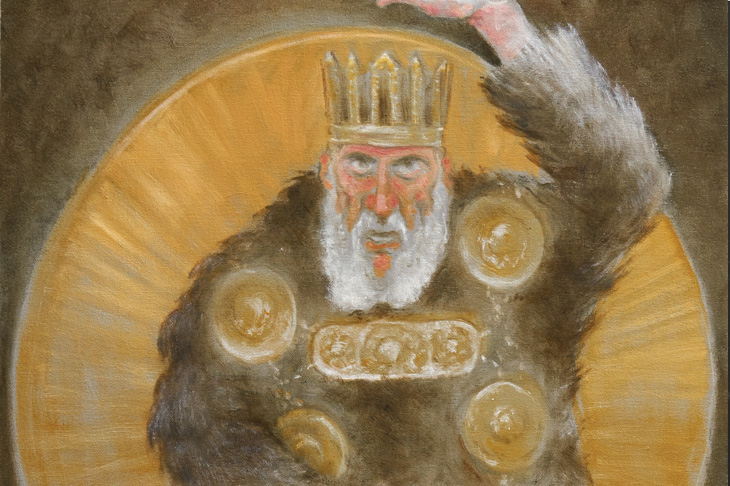
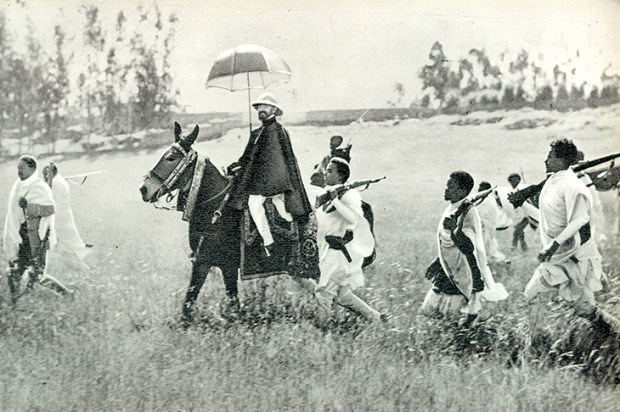
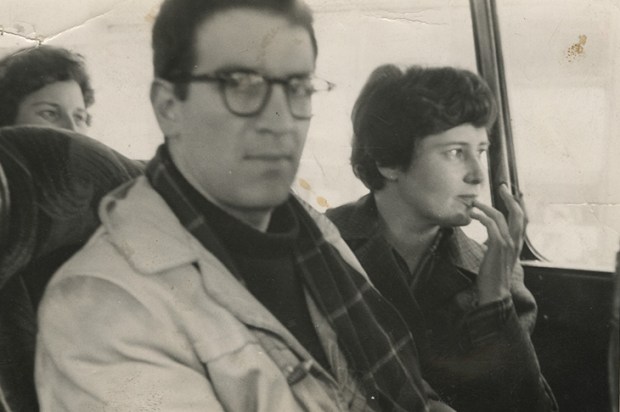
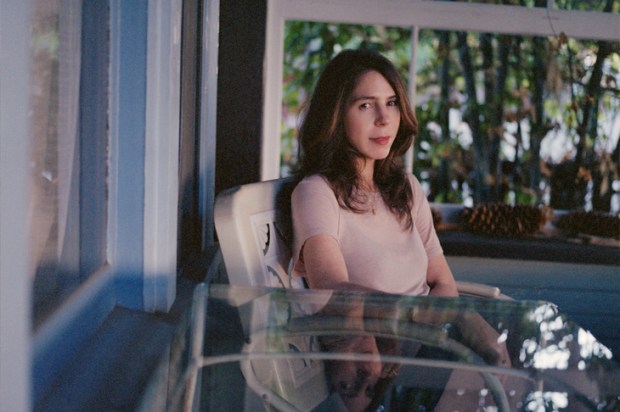
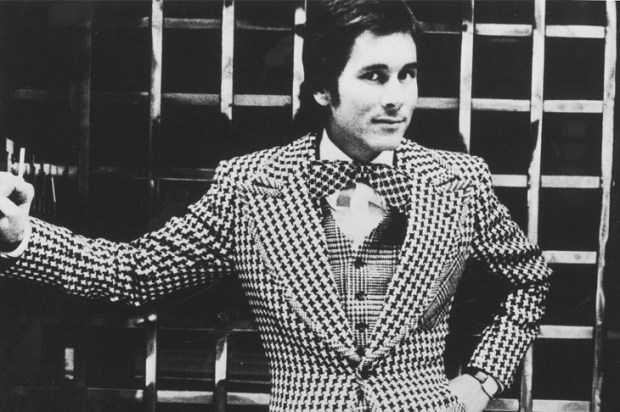
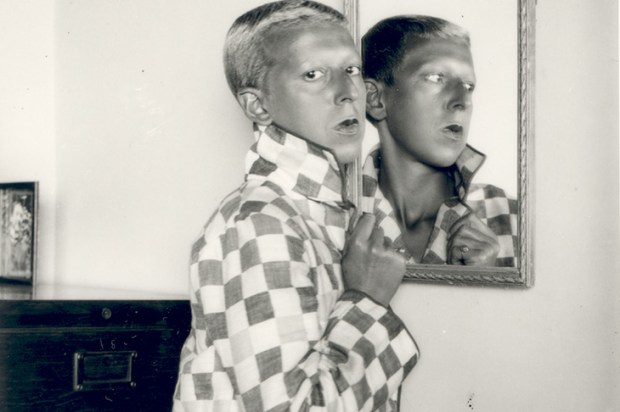
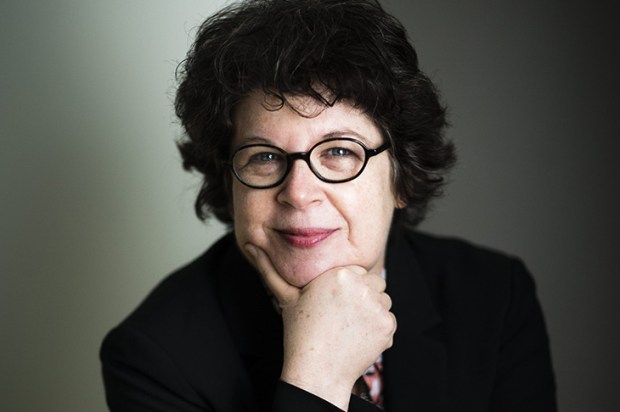






Comments
Don't miss out
Join the conversation with other Spectator Australia readers. Subscribe to leave a comment.
SUBSCRIBEAlready a subscriber? Log in